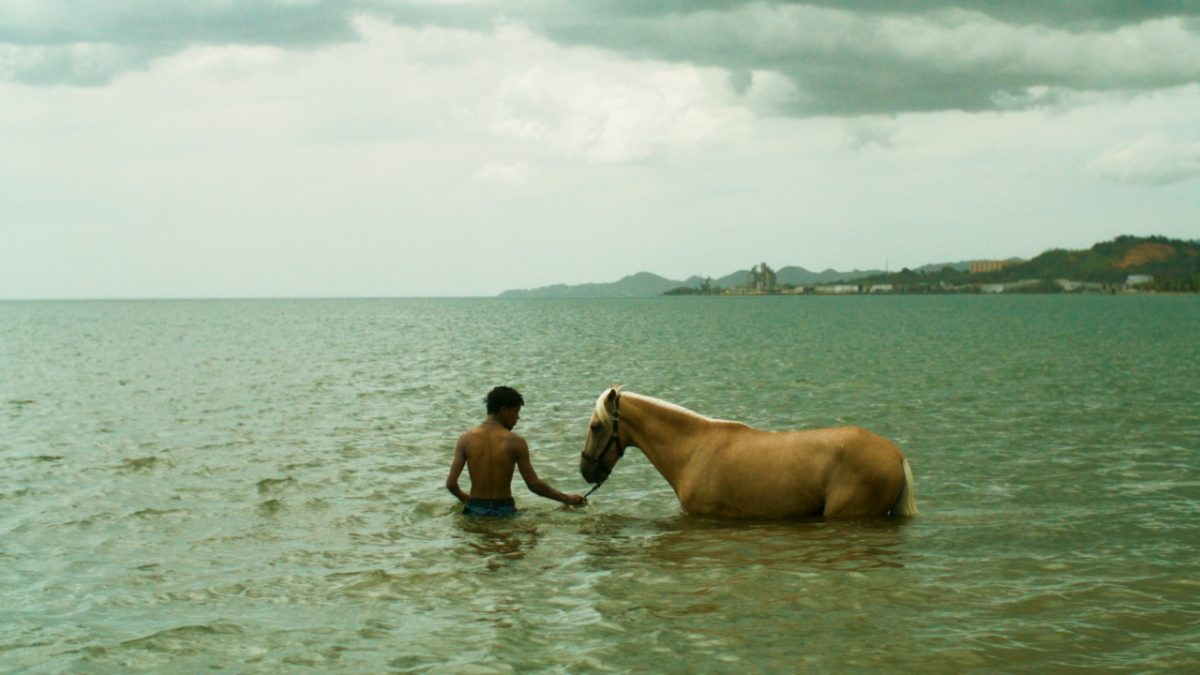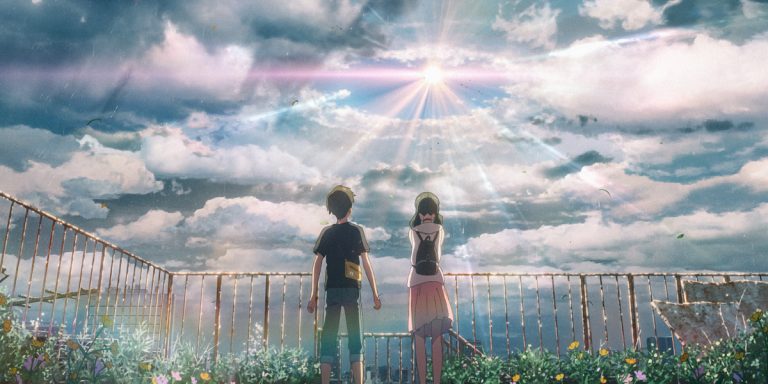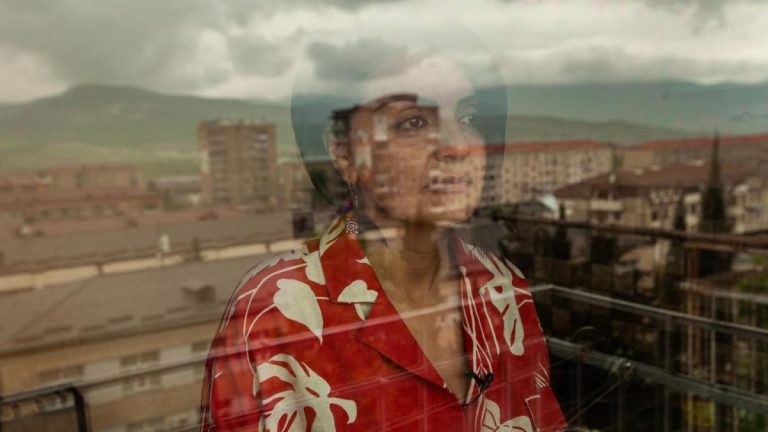Lorraine Jones Molina and Cristian Carretero’s “Esta Isla” (“This Island,” 2025) is a deeply moving, reflective, and confident film on adolescent turmoil and identity in the wake of newfound liberation. How do individuals come into their own when the guardrails are off? What does the act of escape hide in its kernel? When do lines between self-preservation and denial blur? How does someone flower into their strengths, convictions intact while going through immense, sudden lurches?
The film bases these questions on an intimate, culturally rooted tale of two brothers, Bebo (Zion Ortíz) and Charlie (Xavier Morales). They fish to put together a livelihood. But the going gets tough. With a family to support and prices plummeting, Charlie decides to pivot to illicit activities for quick cash. There are warnings, but the brothers don’t see an alternative. They treat the dangers lightly, and soon enough, something terrible happens. Bebo has to remove himself from any familiar spaces. When he reveals to his girlfriend Lola (Fabiola Brown), they are both impelled to hit the road. The two find themselves in the cavernous, anonymous depths of the Puerto Rican mountains. An aimed-for shelter gradually shows a web of collusions and circumstances to be equally wary of.
The mountains aren’t some idyllic getaway for Bebo and laying low. It’s the site where his character, in its specific adolescence, experiences a chrysalis-like churn. Here, he discovers what he’s made of, how he can endure. It was the part of him that had to stay small, the one that always stepped back while his brother handled everything. This sojourn becomes steeped in risk. Freedom isn’t all escape; rather, it bears its own responsibility. It becomes a matrix of individual development, testing how one can push oneself. To look away casts oblivion. The film journeys through the duo’s vision of their lives, scratching at the present.
Molina and Carretero extract wonderful, fragile performances from Ortíz and Brown. Both actors tap a particular sense of adolescence—the deep, thrusting desire for belonging, breaking out, wanting to dream big, while holding themselves steady in the accompanying fear and tentativeness. The pair evokes this incredible gift for discovering the world anew, stepping out into wild terrain with a fervent anticipation of everything that seemed impossible prior. There’s a longing for newness, joy in the unbound lacing of their glances. “Esta Isla” rests purely on them; delight, vulnerability, the thrill of intimacy, realising fissures that leap up-these dart across their faces.

The screenplay starts off with Bebo’s perspective. His decisions spark the central journey. The minute you might get restless with the emphasis on him, what is hurting him, the directors shift to Lola. A critical moment registers strongly. Lola is from a well-off family. Unlike him, she hasn’t had survival clawing at her. That’s what Bebo assumes. Chasms of privilege separate the two, mark themselves in the relationship, though the two seek to forge a space of departure. Lola joined him, buoyed by his hopes that they would create an alternative existence. They would scrape out a life with the possibility of happiness and wandering, despite their circumstance. The weight of the empire remains a hovering, limiting presence, cutting into the shape of dreams.
“Esta Isla” narrates these budding lives with an eye for life, vitality that cannot be muffled. The film scans the landscapes, the ecology as in a relationship with its characters, not situating them in some realm of violence wholly severed from their surroundings. Through tradition and conflict, the directors summon a place shadowy in nature but harrowingly immediate. At some times, “Esta Isla” slips so effortlessly into an observant, lived-in mode, breathing with its characters in a particularly rendered isolated space, fictive elements seem to barely register.
A dramatic pulse isn’t hectored or harped on, rather tied into storytelling that’s richly ambient. This is a film of quiet confidence, tragedy seeping into self-affirmation. The grace of living blooms once we allow ourselves to look within. “Esta Isla” understands this and places it gently through attention to personal growth in crisis. This is a familiar narrative, but the directors plant moments that ring out with honest, precise emotion. Escape cannot be hastily manufactured. It must creep up from within, cohered into a vivid awareness of our embodied experience. The film takes us on a journey that has inevitable bleakness, but the telling is so gentle and full of care that it rescues us.



![Sui Dhaaga [2018] Review: Skillfully Woven](https://79468c92.delivery.rocketcdn.me/wp-content/uploads/2018/09/Image-3-768x432.jpg)




![The Ripper [2020] Netflix Review – A Flawed Yet Reasonably Effective True-Crime Docuseries](https://79468c92.delivery.rocketcdn.me/wp-content/uploads/2021/01/The-Ripper-2020-768x432.jpg)